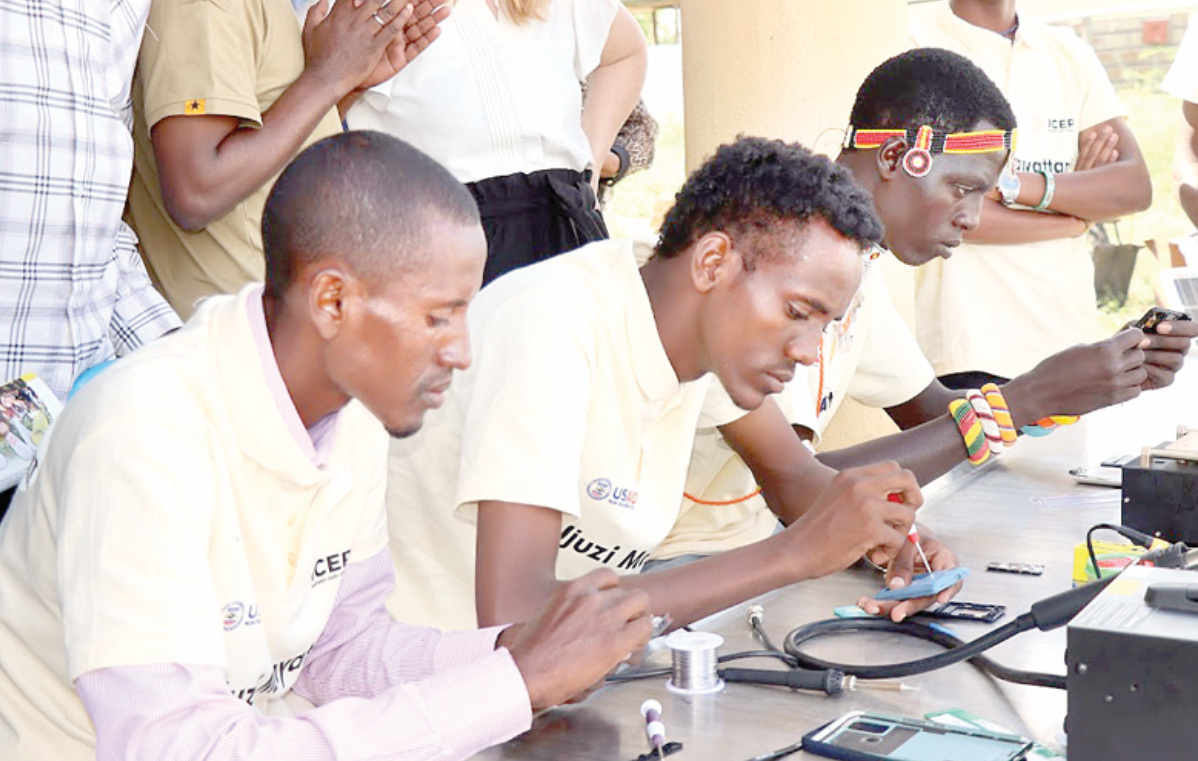
In the context of unprecedented demographic changes, technological development and growing mobility of workers, skills shortages in the EU are becoming more pronounced, and Skills Mobility Partnerships (SMPs) with third countries are increasingly being considered as part of the solution.SMPs are a relatively new concept promoting a sustainable approach to skilled migration and mobility with the idea of building skills both for the benefit of countries of origin and destination. SMPs are inextricably linked to two other highly similar and often interchangeable concepts - Talent Partnerships (TPs) and Global Skills Partnerships (GSPs).
Although SMPs may vary in form, modality and type of stakeholder involvement, they all place skills development, mobility and mutual benefit of countries of origin and destination at the heart of their efforts.
Furthermore, as highlighted by a recent report by the European Parliament, providing vocational training in the countries of origin can be a central element of SMPs. SMPs aim to create a “quadruple win” solution for countries of origin, destination, migrant workers as well as employers and the private sector, thus enhancing the positive effects of migration on development. SMPs typically include the following five components: (1) formalised state cooperation, (2) multi-stakeholder involvement (3) training, (4) skills recognition, and (5) migration/ mobility.
SMPs can among other things include (vocational) training in the origin or destination country, internships in the destination country, or scholarships.


